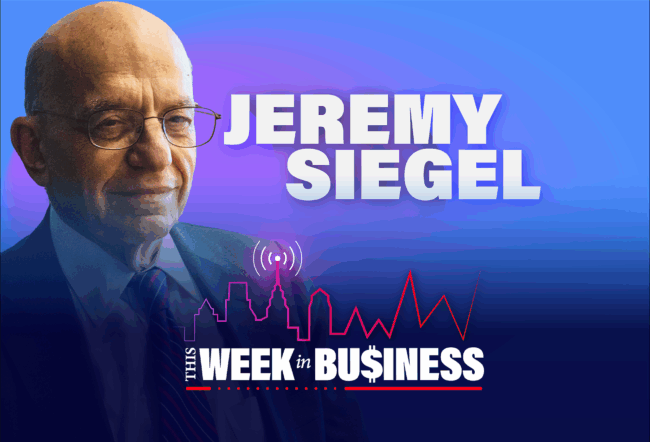The recent decline in the major stock indices isn’t about to let up and there is “some more downside” in store for them, Wharton finance professor Jeremy Siegel said this week on the Wharton Business Daily radio show that airs on SiriusXM (listen to the full podcast above). The Dow and the S&P 500 on Monday fell to levels not seen since March 2021, while the Nasdaq fell to below November 2020 levels. He noted that while the Nasdaq has entered a bear market (a fall of 20% or more from a recent high), the S&P 500 may avoid it. “[But] emotion in the short run can certainly dominate fundamentals,” he added.
Relentless high inflation is the culprit here: As the Federal Reserve attempts to tame it by rising interest rates, investors read depressed earnings ahead. “We’re going to have high inflation throughout this year and into next year, and I don’t really see a slowdown until 2024,” Siegel said. In fact, the official inflation figures are understated because they don’t reflect the recent increases in housing prices, he noted, blaming a lag in the Bureau of Labor Statistics incorporating that data.
In order to combat inflation effectively, Siegel suggested the Fed should get more aggressive with rate increases of 50 or 75 basis points every quarter. The latest increase on May 4 was 50 basis points, when the Fed indicated similar doses in future rounds. The current inflation situation is because the Fed and the government “went overboard” with stimulus programs to cushion the effects of COVID-19, and the Fed did not intervene sooner with monetary tightening through interest rate increases and asset reduction programs. “Now, they’re playing catch up,” he said.



